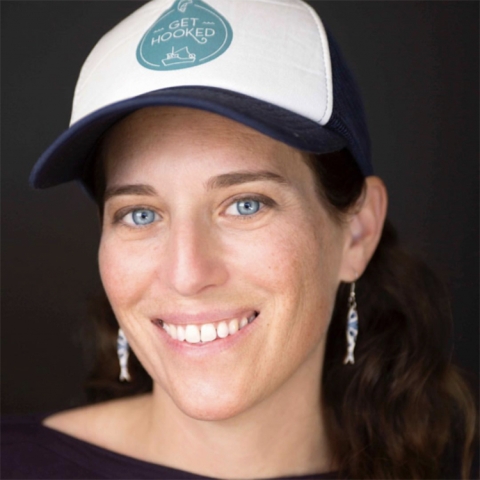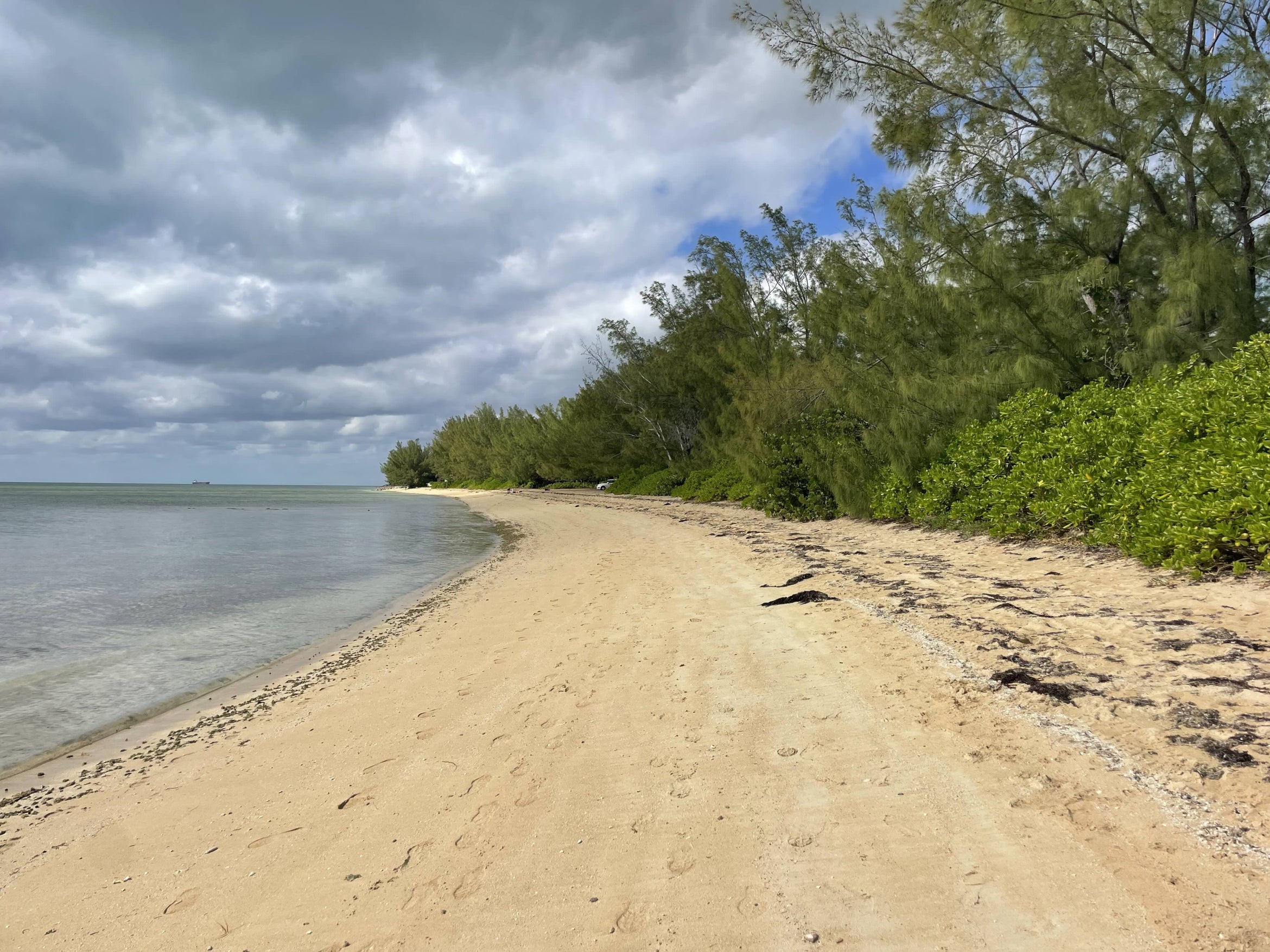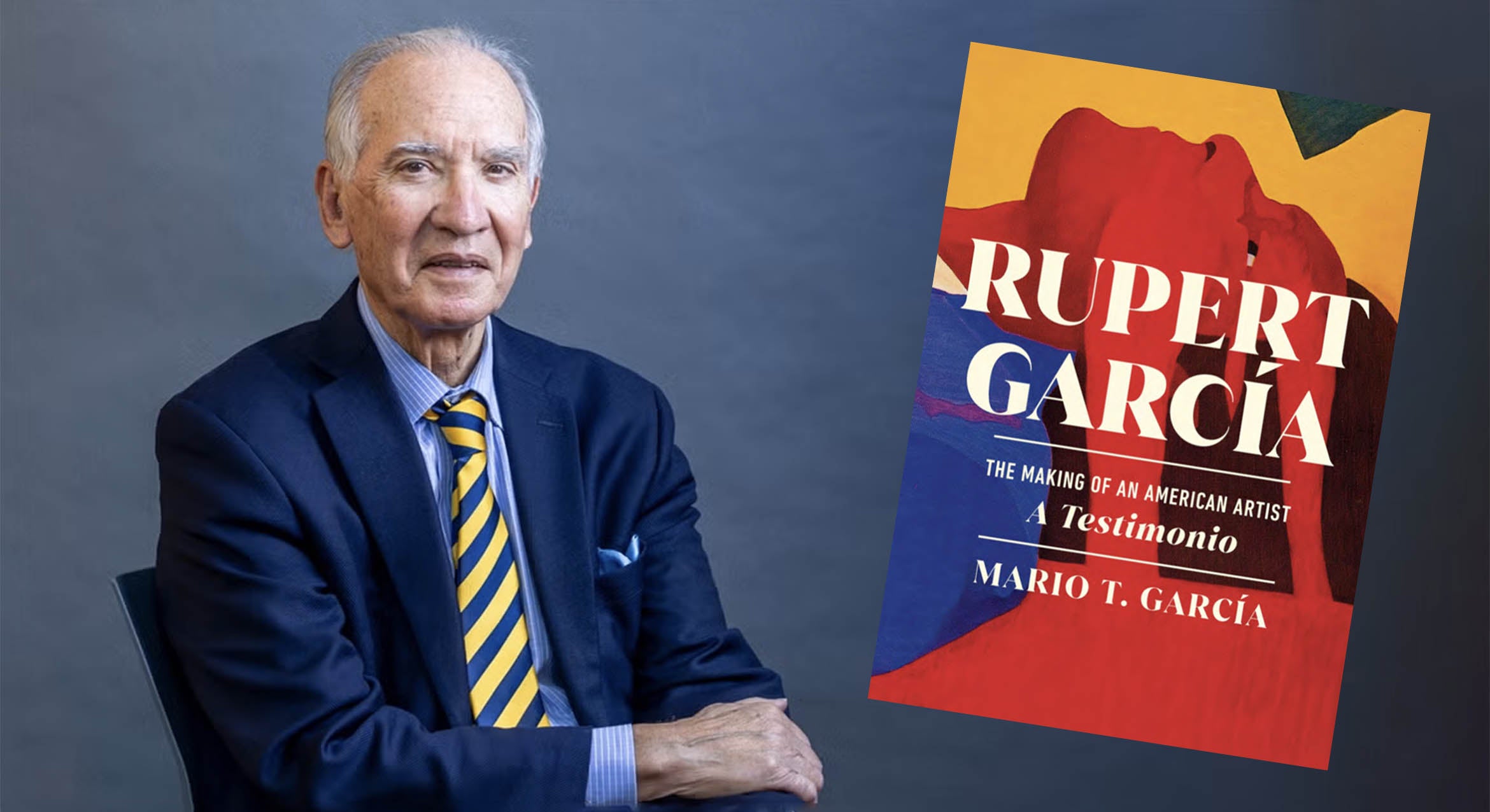At blue economy summit, ocean experts and stakeholders converge
UC Santa Barbara marine scientists joined local commercial fishers, policy experts and entrepreneurs at the Blue Economy Innovation Summit to discuss the burgeoning local blue economy and how to foster responsible growth.
The summit was held on Jan. 23 at the Community Environmental Council’s Environmental Hub in downtown Santa Barbara.
“Everyone here brings capacity and openness to share knowledge and to work toward common goals, and that is so powerful and it’s what we really need more and more of today, to solve those big problems that we’re facing,” said UCSB marine scientist Kim Selkoe, who is also the executive director of Commercial Fishermen of Santa Barbara (CFSB) and CEO of Get Hooked Seafood. The Blue Economy Summit, she said, was happening to enable the sharing of insights and encourage collaborations between the different stakeholders and experts in the blue economy.
The term “blue economy” refers to the generation and use of ocean-based economic resources, be they tourism, recreation, commercial and recreational fishing, transportation and mariculture. As California faces the growing pressures of food and economic insecurity along with climate change, those concerned with the ocean’s productivity and biodiversity have to stay nimble and informed.
“Our region is uniquely positioned to address these challenges, with UC Santa Barbara’s world-class marine science expertise, a robust maritime industry sector and innovative startups,” said Kelly Caylor, UCSB’s associate vice chancellor for research in earth, environmental and sustainability sciences. “However, developing effective solutions requires bringing together diverse perspectives and expertise, from marine scientists and engineers to industry leaders and coastal community stakeholders.”
There are many aspects to the blue economy, but for the summit, the panel discussions revolved around habitat restoration (in particular, kelp forests), fisheries management and policy, and technological innovation. Panelists made the economic case for habitat restoration, called for collaborative fisheries research and discussed technology gaps that need to be filled. UCSB marine ecologist Jenn Caselle discussed the local conditions that affect kelp forests, while fisheries policy expert Christopher Free called for practical “on-ramps” for managing hundreds of species in local waters. Meanwhile, project scientist Rachel Rhodes, microbiologist Alyson Santoro and mechanical engineer Yangying Zhu weighed in on the use of technology to, for example, help cargo ships and whales share the same space, create marine bioplastics that are made to degrade, and desalinate seawater into freshwater, each giving insights on the tech innovation pipeline.
The panel discussions were followed by a networking happy hour, providing participants further opportunities to engage with each other and form fruitful collaborations.
Sponsored by UC Santa Barbara and its California NanoSystems Institute (CNSI), as well as CFSB and the Economic Development Collaborative, the Blue Economy Summit is one in a series of events that are part of a larger program of climate action innovation and entrepreneurship, funded through a partnership between the UC system and the state, with $1 million in seed funding to the campus with the goal of transferring its climate and climate technology expertise into real-world solutions that benefit society. The event was also part of CFSB’s community engagement for the Ocean Collective – a new multi-institutional coalition to address infrastructure and training needs for the regional blue economy.




